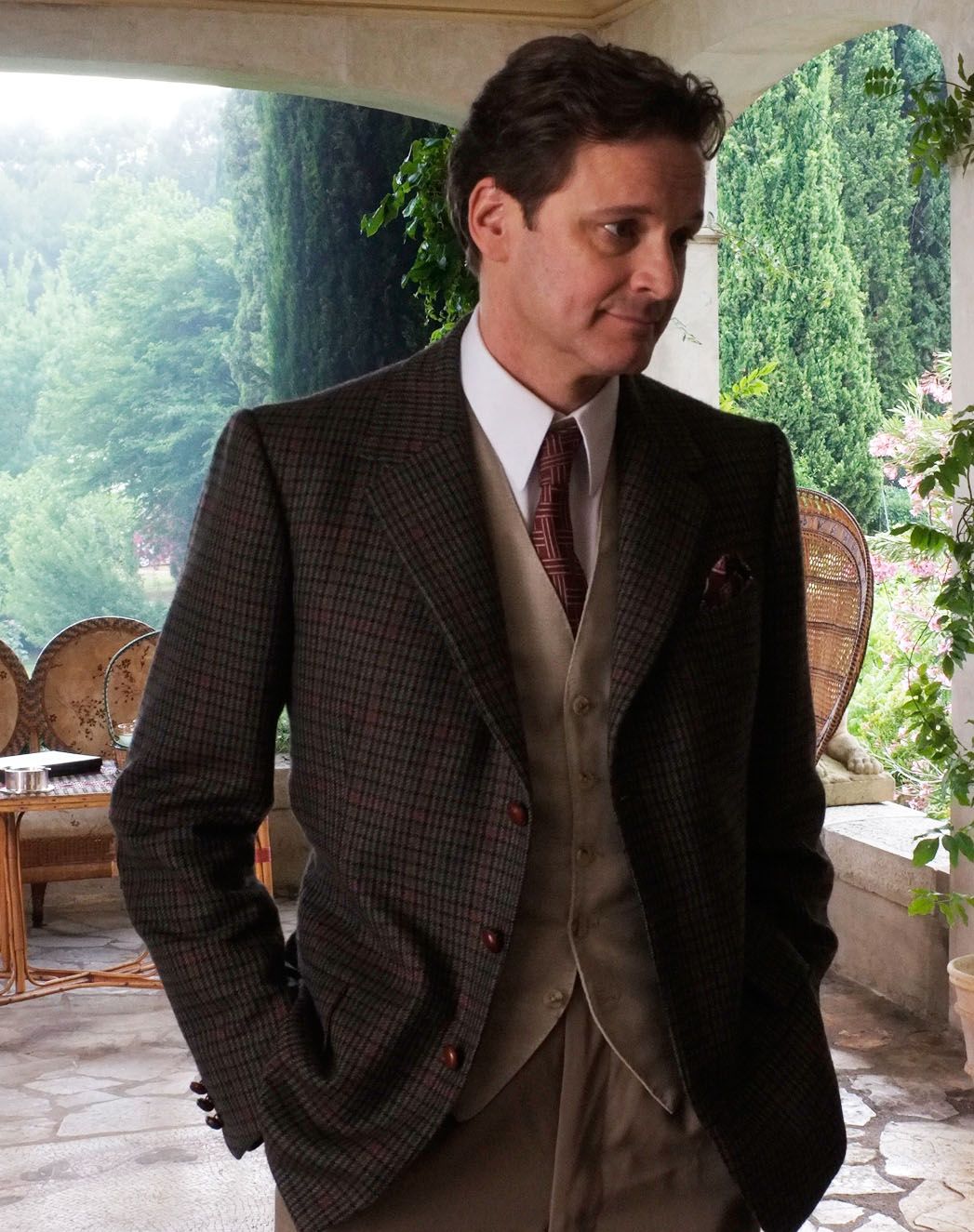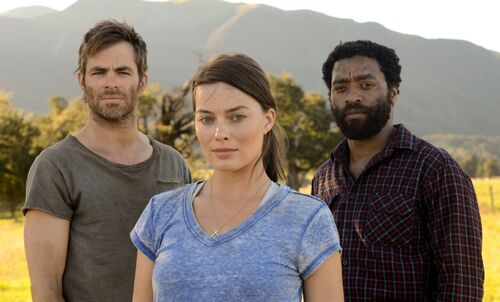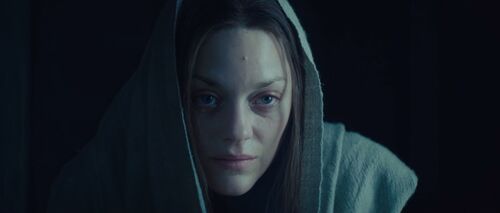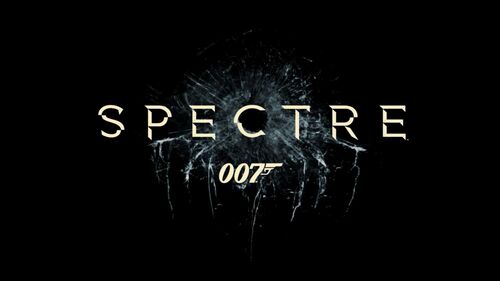
Magic in the Moonlight
 I don’t think I have ever truly disliked a Woody Allen film. I struggled to get through Alice despite the fact I have quite the broner for Alec Baldwin. Part of me thinks it may have been the supernatural aspect of the film that put me off and part of me just didn’t like Mia Farrow’s character. I also didn’t really have a great time with A Midsummer Night’s Sex Comedy – the quint surroundings and an epoch that I never really had a handle on. Considering how many films Allen has released I have always been relatively happy that I only regard him to have had two blips. And even then, I tend to regard a poorer Woody Allen film to be still quite a good film. Well, perhaps not a good film, but at least enjoyable. Unfortunately, I have found a new member for this exclusive club. Take your place Magic in the Moonlight.
I don’t think I have ever truly disliked a Woody Allen film. I struggled to get through Alice despite the fact I have quite the broner for Alec Baldwin. Part of me thinks it may have been the supernatural aspect of the film that put me off and part of me just didn’t like Mia Farrow’s character. I also didn’t really have a great time with A Midsummer Night’s Sex Comedy – the quint surroundings and an epoch that I never really had a handle on. Considering how many films Allen has released I have always been relatively happy that I only regard him to have had two blips. And even then, I tend to regard a poorer Woody Allen film to be still quite a good film. Well, perhaps not a good film, but at least enjoyable. Unfortunately, I have found a new member for this exclusive club. Take your place Magic in the Moonlight.
I had an uneasy feeling about this film from the first time I visited the IMDB page for it. I instantly saw images that reminded me of A Midsummer Night’s Sex Comedy. The light looked similar, the time period was in the same ball park and the quirkiness was present – for AMNSC’s zany inventor, see Magic in the Moonlight’s zany spiritualist. Hell, even the names are kind of close. Perhaps these thoughts meant I watched the film with a little too much baggage, but on the other hand, I have years of Woody Allen fanaticism to more than balance things out. I instantly want to love a Woody Allen film and every fibre of my being fights in the wee man’s corner, but… Magic in the Moonlight is disappointingly mediocre.
I should probably stop moaning and get around to actually reviewing the film. It is the early 1900s and Stanley (Colin Firth) is just finishing a European tour as the great Wei Ling Soo, a celebrated magician/illusionist. After the final performance of the tour in Berlin he is approached by an old friend who tells him of this American girl (Emma Stone) in France who claims to have access to the spirit world. Stanley, a lifelong non-believer in pretty much everything, finds the whole idea preposterous and, as someone who is a near genius and a master of perception, he is persuaded by his friend to travel to rural France to unmask the charlatan. I was just about to write the following sentence: and what follows is the usual brand of Woody Allen romantic comedy, but the problem this film has is that it never quite gets there as either as comedy or as romance.
Colin Firth is excellent in the film and definitely doesn’t fall into the trap of playing a Woody Allen lead like a Woody Allen clone. He brings an authority to the screen, an arrogance reminiscent of his performance as Mr. Darcy (indeed, there is a scene or two that definitely feel like gentle homages to Pride & Prejudice) and a great romantic presence. However, he is never given the ammunition to fully develop the character. He doesn’t sound like Woody Allen because it seems like Woody has just provided him with the B list material. Likewise, Emma Stone does as well as she can and, as Woody attempts in all of his films, the first time we see here she looks simply breathtaking, but she is never given the lines that so many Allen female leads have got before her. Both actors must look back at the humourous and romantic set pieces that the filmmaker has created over the years and wonder why in this film they had to be so restrained. It’s really disappointing, especially as we see a glimmer of it every now and again, particularly the scene where the car breaks down.
Magic in the Moonlight does attempt to discuss a few well-worn Woody narratives, namely doubt and self-deception. Stanley is desperate to believe in the prospect for something else existing in the world, but as someone who prides himself on his rationality, it is a constant battle for him. He is thrown into doubt by Sophie (Stone) and wrestles with it for a fair chunk of the film. As Woody has said before – if only I could have a sign, etc. It is a well-worn trope from the filmmaker, but one that feels slightly more emotional in this film. Perhaps it is because Allen is getting older. Perhaps it is because Colin Firth is a ruddy good actor. ‘Happiness is not the natural human condition,’ Stanley argues at one point, but, paraphrasing Nietzsche, ‘we need our lies to live.’ Firth makes us believe this more than a lot of actors ever could.
A quick glance back at Woody Allen’s IMDB page and I see his 2015 untitled film has a brief synopsis - On a small town college campus, a philosophy professor in existential crisis gives his life new purpose when he enters into a relationship with his student. I feel better about that one.
Find more of our content at www.podestrians.net.
We produce a weekly filmcast. Subscribe on iTunes at:
https://itunes.apple.com/gb/podcast/podestrians-podcast/id920231768?mt=2


